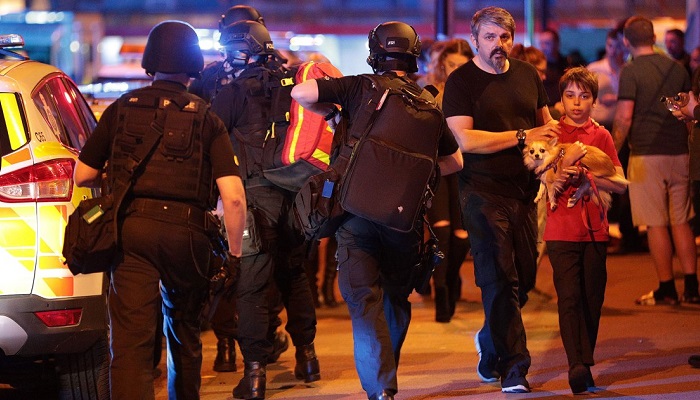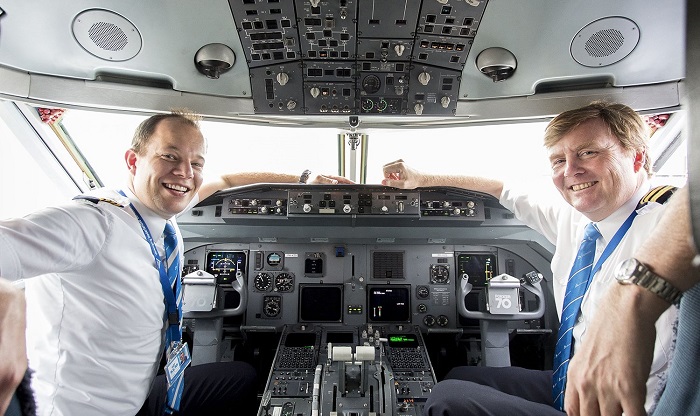Brussels Airport reopened to a thin stream of passengers on Sunday, 12 days after suicide bombers destroyed its departure hall and killed 16 people.
BRUSSELS (Belgium) — Brussels Airport reopened for some passenger flights Sunday, nearly two weeks after it was hit by deadly terrorist attacks.
The airport had remained closed to regularly scheduled passenger flights since twin suicide bombings devastated the departure hall on March 22, killing at least 16 people and injuring scores more. An equal number died in the center of the Belgian capital in a bombing attack on an subway station.
Mr. Gustin, chief executive of Brussels Airlines, said being in the office when events unfolded allowed him to quickly coordinate the crisis response. The airline’s crisis center soon turned its attention to how to restart operations, with no clarity when Brussels Zaventem Airport could reopen. Two hundred of the day’s 230 flights had yet to leave on March 22 when the hub was closed.
Mr. Gustin said transfer flights—a key element of the airline’s network—should be able to fully resume soon because the bombing didn’t disrupt those parts of the airport.
The airport had not handled passenger flights since two suspected Islamist militants carried out the suicide attacks. Those bombs and a separate one on a metro train in the capital killed 32 people, excluding the three bombers.
On Sunday, the airport handled just three flights, the first bound for Faro in Portugal with only about 80 passengers.
Arnaud Feist, the airport’s chief executive, described Sunday’s reopening as a sign of hope and an emotional moment for all airport staff.
The plane bore a surrealist design of clouds and birds in homage to Belgian painter Rene Magritte and had only been unveiled the day before the bombings.
It taxied towards the runway flanked by an honour guard of staff and, after a minute´s silence, took off.
“We’ve worked day and night, literally day and night, over the last 12 days to make this moment possible,” he said.
The disruption has taken a heavy financial toll on the airline as it faced what Mr. Gustin has called its biggest crisis ever. The carrier was losing between €4 million and €5 million euros ($4.6 million and $5.7 million) a day during the height of the disruptions.
Brussels Airline dates back to 2002, when a group of 40 investors decided to revive a national airline after its forbear, Sabena, went bust in 2001.




